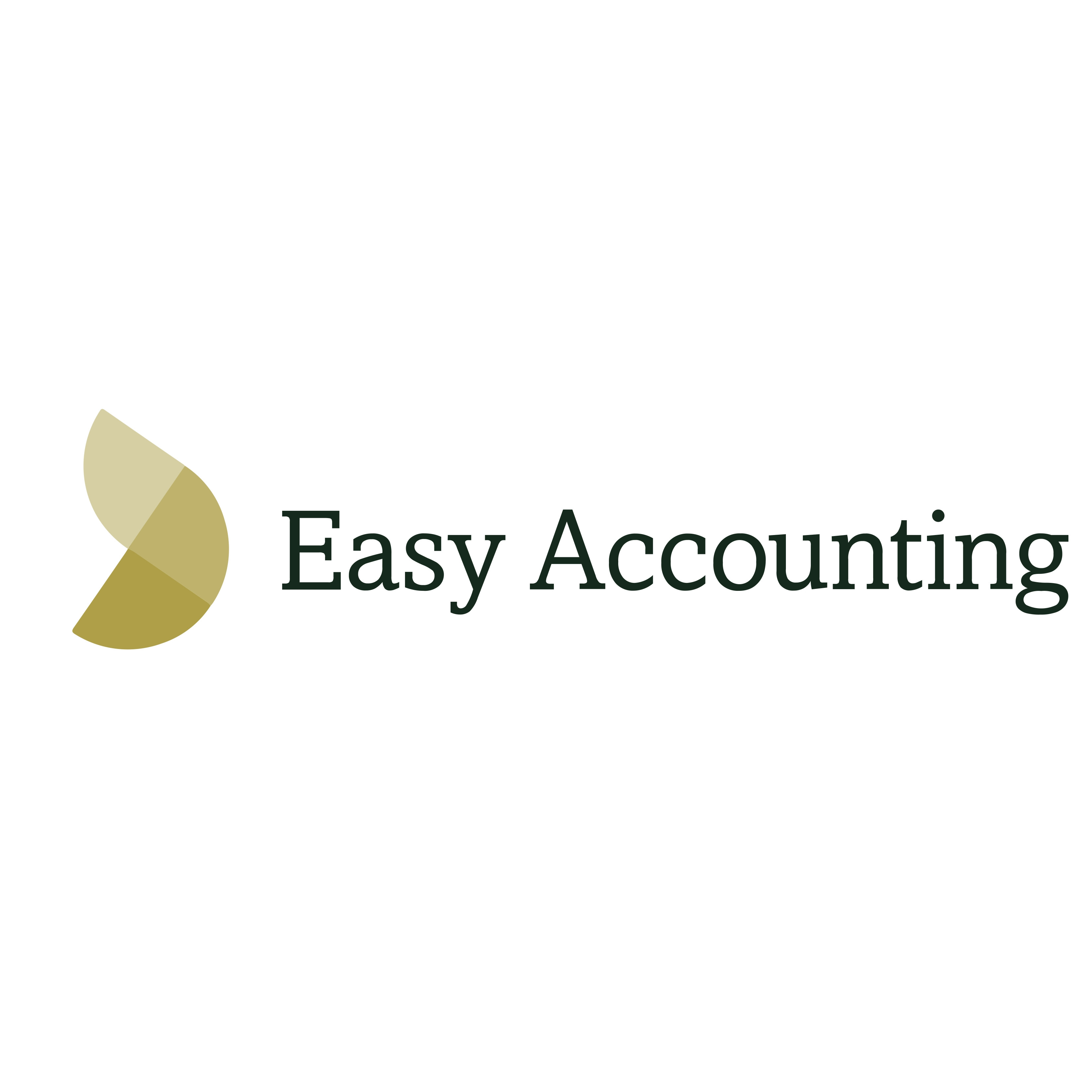5 essential tax tips for startups
For startups, navigating the complexities of tax laws can be daunting. Effective tax planning is crucial for minimizing liabilities and maximizing potential savings. It's not just about compliance; it's a strategic component of your business's financial health.
Startups often operate with limited resources and must prioritize their financial strategies from the outset. Understanding tax obligations and managing them efficiently is key to avoiding costly mistakes that can hinder growth.
Tip #1: Keep Accurate and Organized Financial Records
Meticulous bookkeeping is the foundation of sound tax planning. Accurate records ensure that you can claim all entitled deductions and credits, and they provide a clear picture of your financial position when making strategic decisions.
Investing in reliable accounting software helps streamline financial management. Tools like QuickBooks, Xero, or even specialized software tailored to Estonian tax laws can be invaluable for maintaining organized records.
Tip #2: Understand and Utilize Tax Deductions
Startups can reduce their taxable income by deducting expenses such as office supplies, software subscriptions, and business travel. It's important to be familiar with what can be claimed to leverage these deductions fully.
However, there are limitations and regulations governing deductions. It's essential to know the rules to avoid disallowed claims that could result in penalties.
Tip #3: Be Aware of Tax Deadlines and Compliance Requirements
Being aware of tax filing deadlines is critical to avoid late fees. In Estonia, the annual tax return deadline is typically March 31st, but dates can vary depending on specific circumstances.
Failure to meet deadlines or comply with tax regulations can lead to significant penalties. Startups must stay informed and adhere to these requirements to maintain good standing.
Tip #4: Consider the Benefits of a Proper Business Structure
Choosing the right business entity affects your tax obligations. In Estonia, options include sole proprietorship, private limited company (OÜ), and others, each with different tax implications.
Deciding on a business structure should be based on your startup's size, scope, and long-term goals. It's a decision that can significantly impact your tax strategy.
Tip #5: Seek Professional Tax Advice and Services
As tax laws are complex and ever-changing, consulting with a tax professional can be a wise investment. They can provide tailored advice and ensure that you're taking advantage of all tax benefits.
EASY ACCOUNTING OÜ specializes in providing personalized financial services to startups in Estonia. Our expertise in tax, payroll, and compliance can help your business thrive.






Comments (0)